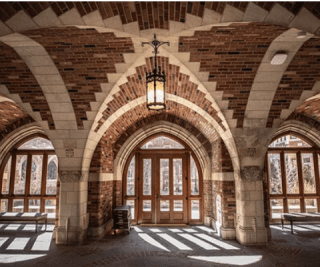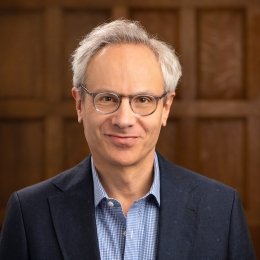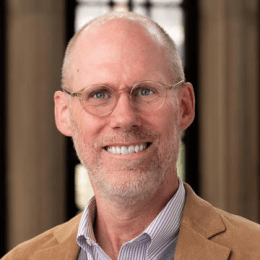Division of Humanities
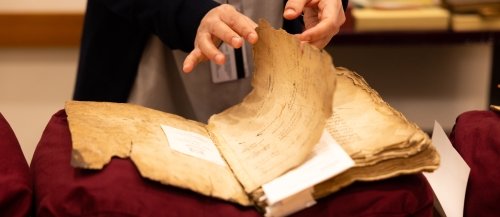
Knowledge from antiquity to the present
The faculty of the FAS Humanities division cover an expansive intellectual terrain. They are experts in history, literature, language, philosophy, and the arts. Their work asks who we are and what we might become as they make new discoveries about the past and present that will shape the future of human culture. Through collaboration, research, and teaching, they initiate conversations around the most pressing questions that humankind has addressed from antiquity to the present.
The divisional dean of the Humanities is Marc Robinson.
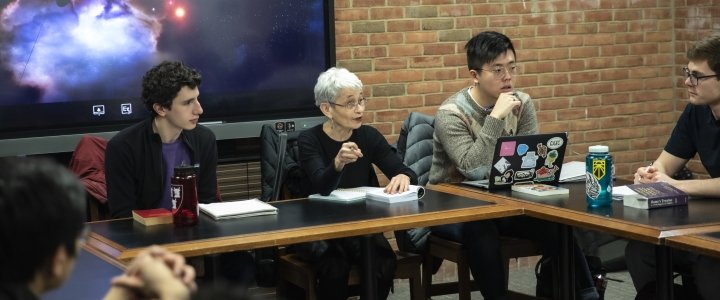
Humanities departments and programs
The FAS's 20+ humanities units cover the range of human knowledge: from English to Classics; from History of Art to Theater, Dance, and Performance Studies; from the world's languages and literatures to History. In addition, several programs are cross-divisional, bridging Humanities and Social Science.
News

‘Revolutionary Barcelona’: in the archives, history comes to life
In an undergraduate course taught by Aurélie Vialette, Associate Professor of Spanish and Portuguese, Yale students examined historical objects from the Spanish Civil War — and engaged with history hands-on in Barcelona.
‘We’re part of a whole’: Faculty contributions to Yale’s budgeting process
It takes a team to prepare Yale’s budget. Learn about some of the faculty—including two from the FAS—serving in the Budget Advisory Group and how they help Yale advance its mission.
Caleb Smith named the Karl Young Professor of English
Smith, who joined the Yale faculty in 2005, is an authority on the culture of discipline in the United States.
Erica Edwards named the Lillian Chavenson Saden Professor of English and Black Studies
Edwards, who joined the Yale faculty in 2022, has done field-leading work at the intersections of African American literature, politics, and gender critique.
Becoming better thinkers through art and culture
How does architecture affect the way we live? Does it influence our health and our healing? Fatima Naqvi, the Elias W. Leavenworth Professor of German and Film Studies in the FAS, explores these questions in her new book. She looks at how writers and directors portray the architecture of hospitals and describe their experience from the 1880s to the present. Naqvi’s scholarship lies at the intersection of architecture, literature, and film. She argues that by experiencing culture and the arts, we become better thinkers in ways that are difficult to quantify but nevertheless profound.
